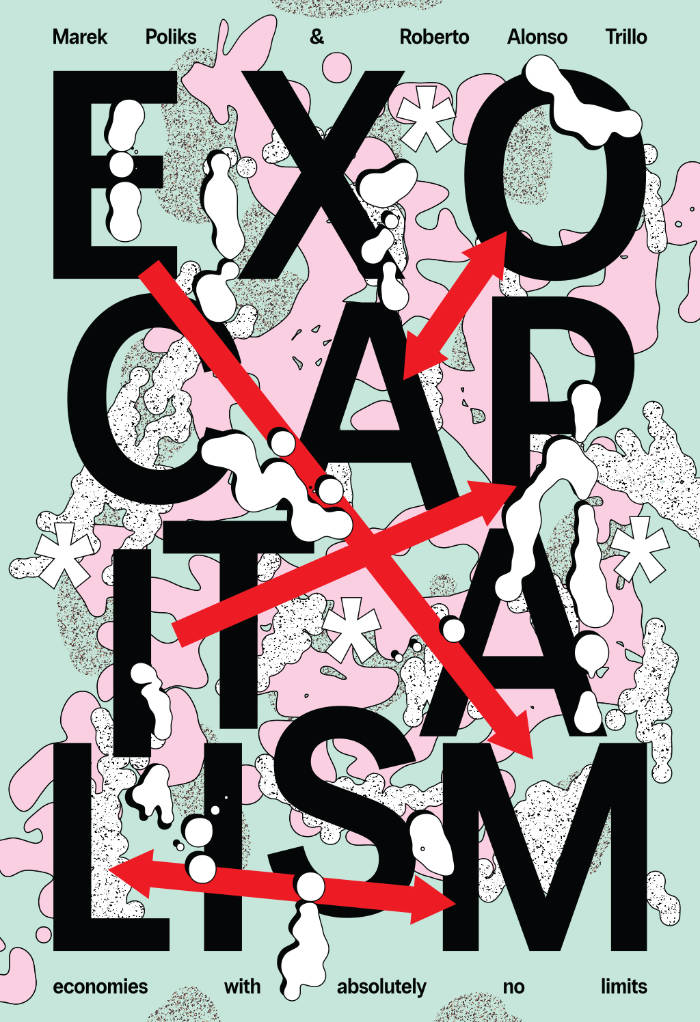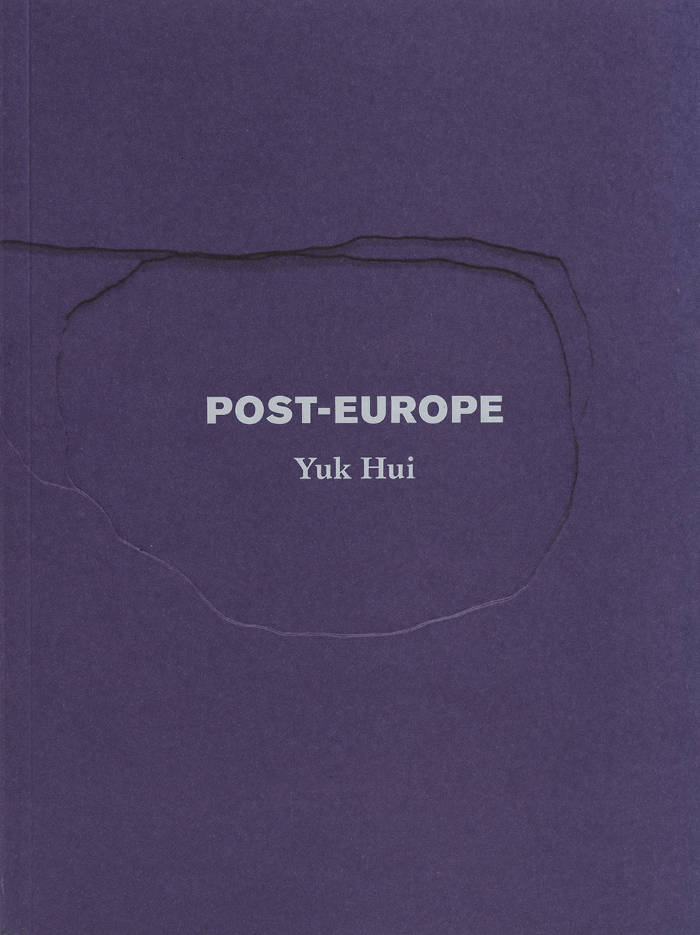
In the Delirium of the Simulation: Baudrillard Revisited
Third edition featuring afterword by Alessandro Sbordoni & several appendices, including a new translation & edit of “Taylor Swift Does Not Exist”.
This is a monumental and extensive work from someone who is arguably the most well-versed scholar of Baudrillard, Deleuze & Laruelle in the German-speaking world, Achim Szepanski, the original founder of Mille Plateaux, Force Inc Music Works and NON. This book is dedicated to Jean Baudrillard, who would be described by Achim as the most radical and advanced stimmung in Philosophy. Through this comprehensive and devouring analysis of Baudrillard’s work, the author presents a gripping account of their own philosophy; alongside his magnum opus Die Ekstasie der Spekulation, this book, In the Delirium of the Simulation, provides the strongest case for what might be called, in light of his passing, Szepanskism or Szepanskian Economics.
From Finance, to non-philosophy and radical experimental music, Szepanski is an anomalous and unique theoretician with one hell of a history.
CONTENTS:
- Metabox of Terms: Simulation, Code, Hyperreality, Fractal, Seduction and Implosion
- Baudrillard's Maximisation Hypothesis: the System and the Other
- Baudrillard & Marxism: Signs, Production and Money
- Distinguishing the Consumer System (or Shopping Mall) from the Landfill
- Baudrillard & the Financial Simulacrum
- Excursus on Jonathan Beller's World Computer
- Hyperreality & Artificial Intelligence
- Baudrillard & Quantum Theory
- Afterword: Hyperculture by Alessandro Sbordoni
- Appendix 1: Taylor Swift Does Not Exist
- Appendix 2: Baudrillard: After the Orgy
- Appendix 3: Imagination & Reality: Psychoanalysis vs Baudrillard






